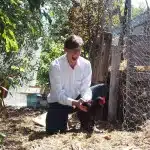
But for the first time, we know exactly what we waste, how it is wasted, and where it goes.
Researchers from the University of South Australia have traced the cycle of food waste in a three-year study looking at the economic, environmental and psychological modelling of food waste.
Households are the worst culprits, accounting for more than half our food waste, with retail, restaurants, wholesalers and the education sector rounding out the top five.
“Now that we have identified the top food wasters, we can tailor programs to reduce food waste in each sector,” says University of South Australia PhD candidate Christian Reynolds.
“Reducing household food waste has often proven difficult because the reasons for over-purchasing are not rational,” he says. “To change this behaviour, we need to understand the economic and social factors behind food purchase, preparation, recycling and disposal.”
But it’s not all bad news. Adelaide people are some of the most resourceful recyclers of food waste: all metropolitan councils but one now collect food waste in kerbside green wheelie bins and turn it into compost.
And some families are creatively reusing their food waste, with an average of 3.2 kg of food waste per week per household being diverted to “informal disposal”, such as backyard composting or pet chickens.
Adelaide resident Luigi Cirocco and his family are minimising their food waste by buying and cooking carefully, and composting or feeding scraps to chickens.
“We use compost to replenish the soil and a worm farm to harvest worm castings and the associated beneficial bacteria,” says Luigi. “My two boys have grown up with their hands in the dirt, just like their grandparents Maria and Vincenzo who established our garden.”
“We also keep six chickens, but I usually don’t get to see the eggs – they get incorporated into value added products, like pasta or lasagna, by my mother-in-law Maria.”
About the ARC Food Waste Project: Zeroing in on Food Waste
Christian’s research is part of a comprehensive three-year Australian Research Council (ARC) project, which began in 2010 and has undertaken economic, environmental and psychological modelling of food wastage in South Australia.
Christian and the team estimated the breakdown of food waste from farm to beyond the household using an economic modelling technique known as input-output material flow analysis, which allowed him to trace the wastage of food throughout the supply chain. He based his initial figures on the National Waste Report 2010, which was produced by the intergovernmental Environment Protection and Heritage Council.
This work was part of a collaboration between UniSA, Central Queensland University, Flinders University, the Local Government Association of SA and Zero Waste SA.
Read more about the project at: http://www.cqu.edu.au/research/research-organisations/institutes/appleton-institute/research/current-projects/arc-food-waste-project
For interviews and more information:
- Christian Reynolds, christian.reynolds@unisa.edu.au
- Tamzin Byrne, tamzin@scienceinpublic.com.au
- Michele Nardelli, Michele.nardelli@unisa.edu.au

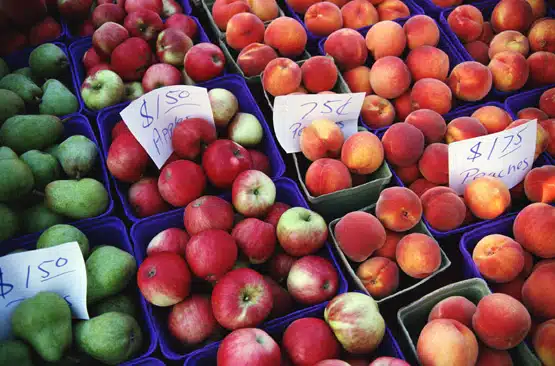
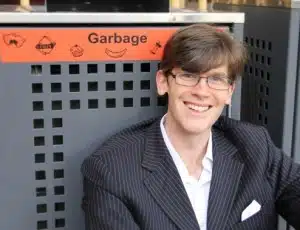
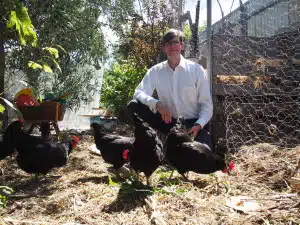

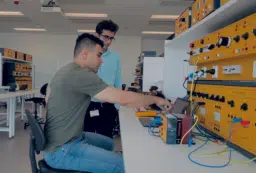

 Fresh Science is on hold for 2022. We will be back in 2023.
Fresh Science is on hold for 2022. We will be back in 2023.